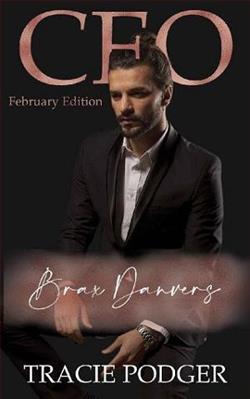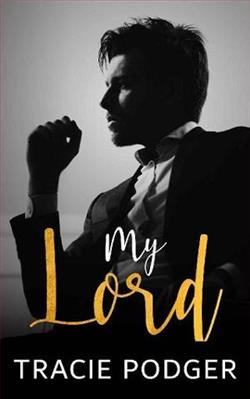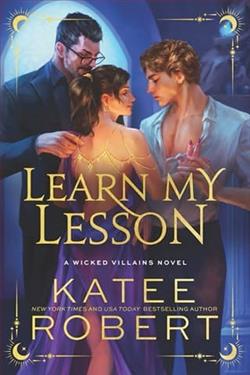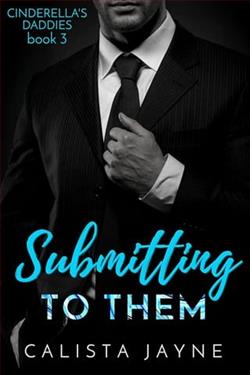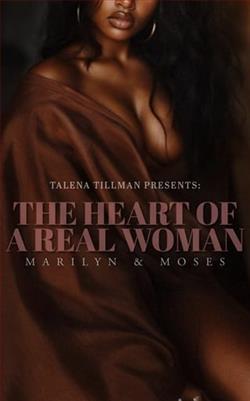Page 8 of Badlands
“Oh yes,” said Benally. “That’s Emma Bluebird.”
“Has she been there a long time?”
“Most of her life, I’d guess.”
“I was wondering if perhaps we could ask her a few questions. It’s possible she saw something, maybe even the victim herself—or might have an idea what happened.”
At this, Benally chuckled. “Good thought. The only problem is, she keeps a shotgun by the door and she doesn’t likeBilagáana—that is, white people—coming around her place. Not that she’s prejudiced or anything: it’s just that in her experience, having a white person knock on the door is rarely a good thing.”
“Maybe you could come with me and explain the situation?”
Benally smiled. “She doesn’t like cops, either. But we can try.”
“When?”
“Now’s as good a time as any.”
“We won’t get shot?”
He laughed. “Shotgun’s not loaded. And she’s a peaceable creature at heart. In fact, she’s actually a noted weaver. In that hogan she keeps a loom made of juniper branches. Every year she weaves a rug made from wool sheared and spun from her own sheep and dyed with plants and insects collected around here—and sells it. That’s what she lives on.”
“Really? Amazing.”
Benally shrugged. “If we don’t make headway with her this evening, I can put you in touch with the trader who buys her rugs. He has a trading post over in Crownpoint.”
“Thanks.”
They got back in their vehicles and Sharp followed Benally out in his white pickup truck, its doors emblazoned with the green-and-yellow Navajo Nation Police emblem.
The last of the light was disappearing in the sky and the stars were starting to come out when Benally pulled into the dirt track leading to the trailer. He stopped well short of the house, turned off his lights, and waited. Sharp stopped behind him and switched off his engine.
“Aren’t we going to go knock?” Corrie asked after a few minutes.
“No,” Sharp told her. “It’s considered rude in Navajo culture to knock on the door—you’ve already invaded their personal space getting that close. She knows we’re here. We just wait.”
Minutes passed. Corrie could see the dull glow of kerosene light inside the trailer, and the old woman’s shadow moving against the closed curtains. After another minute, the doorfinally opened and she stood in it, silhouetted in the yellow light. Sure enough, she had a shotgun crooked in one elbow, muzzle pointing downward.
At this, Benally got out of his police car and, without approaching, waved and greeted her in Navajo. She shouted back in Navajo, and a short conversation ensued. Even though Corrie could not understand it, she could see that it did not go well. Finally, the old woman retreated into the house, slamming the door.
Benally came over to their vehicle and leaned in the window. “Well, I guess that must’ve been self-evident. She doesn’t want to talk to us and wants us off her property.”
“I’m sorry to hear that.”
Benally shook his head. “You’re not going to get anywhere with her. And to be honest, I doubt she has any useful information. But maybe that trader I mentioned can get you an in.”
They got back in their vehicles and continued down the hideous road. When they at last reached the highway, Benally turned southwest toward Crownpoint, while Sharp and Corrie headed southeast to Nageezi and Albuquerque.
Sharp turned to her. “So. How did things go with Gradinski?”
“Just fine. We’re pals.”
“Really?”
“Just ask him. He even gave me a pat on the shoulder.” She let a pregnant pause hang briefly in the air. “So—did I pass the test?”
Sharp chuckled. “In more ways than you know.”
She looked at him. “I don’t understand.”









